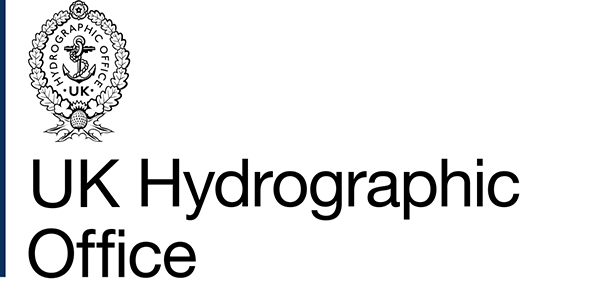Accessible documents policy
This policy applies to the UK Hydrographic Office (UKHO).
This policy covers PDFs, spreadsheets, presentations and other types of document published by the UKHO.
We want as many people as possible to be able to use those documents. For example, when we produce a document we make sure to:
- provide an HTML option where possible
- tag headings and other parts of the document properly, so screen readers can understand the page structure
- make sure we include alt text alongside non-decorative images, so people who cannot see them understand what they’re there for
- avoid using tables, except when we’re presenting data
- write in plain English
How accessible our documents are
New documents we publish and documents you need to download or fill in to access one of the services we provide should be fully accessible.
However, we know that some of our older documents (published before 23 September 2018) are not accessible.
For example, some of them:
- are PDFs that are not marked up in a way that allows screen reader users to understand them
- are not tagged up properly - for example, they do not contain proper headings
- are not written in plain English
This mostly applies to documents not used for active administrative processes and are exempt from the regulations, so we do not currently have any plans to make them accessible.
However, if you need to access information in one of these document types, you can contact us and ask for an alternative format.
What to do if you have difficulty using our service
We’re always looking to improve the accessibility of our documents. If you find any problems not listed on this page or think we’re not meeting accessibility requirements, please contact our Customer Services team.
If you need information in a different format like accessible PDF, large print, easy read, audio recording or braille contact:
Email: customerservices@ukho.gov.uk
Post:
UK Hydrographic Office
Admiralty Way
Taunton
Somerset
TA1 2DN
Please tell us:
- the web address (URL) of the content
- your name and email address
- the format you require
AbilityNet has advice on making your device easier to use if you have a disability.
Enforcement procedure
The Equality and Human Rights Commission (EHRC) is responsible for enforcing the Public Sector Bodies (Websites and Mobile Applications) (No. 2) Accessibility Regulations 2018 (the ‘accessibility regulations’). If you’re not happy with how we respond to your complaint, contact the Equality Advisory and Support Service (EASS).
Technical information about this website’s accessibility
The UKHO is committed to making its websites accessible, in accordance with the Public Sector Bodies (Websites and Mobile Applications) (No. 2) Accessibility Regulations 2018.
The documents UKHO publishes are partially compliant with the Web Content Accessibility Guidelines version 2.1 AA standard, due to the exemptions listed below.
Content that’s not within the scope of the accessibility regulations
The accessibility regulations do not require us to fix PDFs or other documents published before 23 September 2018 if they’re not essential to providing our services. For example, we do not plan to fix documents such as Civil Hydrography Programme survey reports published prior to this date.
Any new PDFs or Word documents we publish will meet accessibility standards.
Furthermore, the accessibility regulations do not apply to:
- pre-recorded time-based media such as video and audio
- third-party content that is not developed by, nor under the control of, the UKHO
- reproductions of items in heritage collections that cannot be made fully accessible
- archived content.
We do not plan to fix this content. However, requests can be made to make specific content accessible for those who need it.
How we tested our documents
We last tested a sample of our documents on 22 September 2020. Testing has been conducted by UKHO staff. Where they have been checked for compliance, it has been against WCAG 2.0 AA and more recently WCAG 2.1 AA.
This page was published and last reviewed on 22 September 2020.
